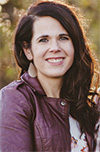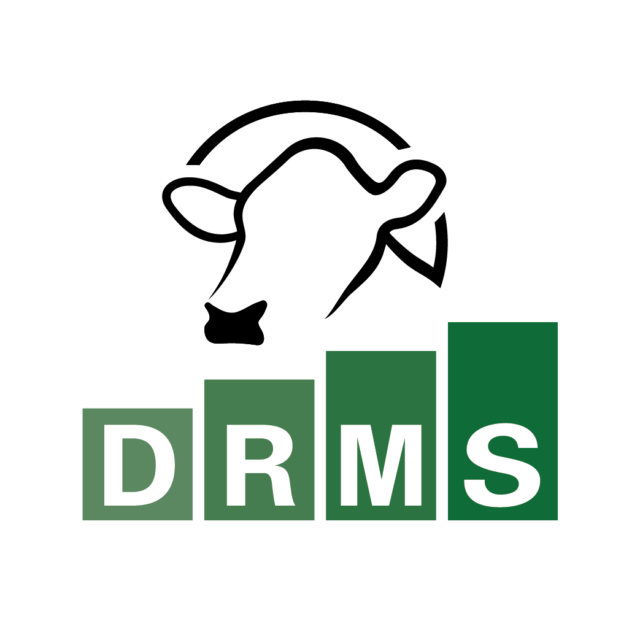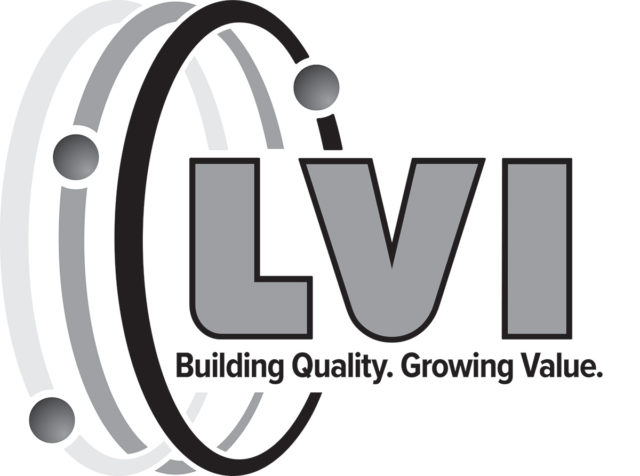For me to effectively tell this story, we need to go back in time. The year is 2002, and my husband, Nate, is in his third year of college pursuing a degree in political science with goals of becoming a lawyer.
Back home at his family’s farm, his father, Ron, was ready to retire and with no one to whom he could hand the reigns over to, decided to sell the herd and list the farm for sale.
When it became clear that no serious buyers were in the market for the farm at that time, as a means for income, Ron enrolled roughly 200 of the tillable acres in CREP (Conservation Reserve Enhancement Program) – a 15-year-long government subsidized set-aside program. In the meantime, Nate had a change of heart about his desired career and declared that upon graduation, he intended to come back and take over the farm. (Great timing, honey!)
The transition from elder generation to younger was relatively quick and painless, and before long, Nate was the sole owner of Kliebenstein Farms and all that went with it … including a farm in which roughly 85 percent of the crop ground couldn’t be touched for 15 years. Nate formed close relationships with several neighbors and local farmers who sell hay/corn silage, and for the past 15 years, things have gone very well.
Like an extension of family, all parties involved help each other out; equipment is shared and many long hours are put in helping to get each other’s hay wrapped before the rain, and corn chopped before it got too dry. While it certainly hasn’t been easy being a young farm family starting out and having to purchase so much of our feed, we’ve managed to survive some incredibly tough years, and I’m happy to say that this October the CREP ground will graduate from its enrollment.
This past year, as we neared the impending date of being able to break ground once more and after enduring yet another year of lowered milk prices, we forced ourselves to take organic farming into consideration. After being in CREP, all the ground was able to be certified – given that it hadn’t been touched for five times the required withholding period.
Another point was that nearly all of the certifiable ground, including another 40 acres of pasture ground, was physically connected to the plot of land where our freestall barn lies – making it an ideal setup for grazing. Another pasture where older heifers reside also met the grazing requirements.
Close contacts with reps from Organic Valley confirmed that we’d be an ideal candidate for their “hot list,” giving us quotes that nearly tripled what our current pay price was. You couldn’t ask for better circumstances to transition to organic, but we decided against making the transition.
For us, the decision not to go organic came down to several principles that we just couldn’t part with, regardless of the pay price. Transitioning to organic is a serious operational change and one that can’t just be based upon financial reasons. To be successful at organic, you have to believe in the mindset. We decided the mindset wasn’t for us.
One reason being, our endeavors in cattle genetics and genomics. Being organic would mean no more flushing donors or synching recips and would basically have brought that end of our business to a screeching halt. While our herd is a reasonably healthy and fertile herd, with a preg rate of about 33 percent and nearly 90 percent of our breedings based off of natural heats, not being able to utilize hormones to assist with our repro program was a big drawback.
Another reason is that we are cow people and not plant people. Though we recognize we are going to get caught up very quickly on the nuances of the crop side of things, Nate wanted his focus to remain on the cattle themselves and not monitoring grazing paddocks and grass varieties.
One other reason, though there are many others I won’t detail (decreased yields, change in breeding program, etc.), is that we were really worried about keeping cows healthy without access to routine pharmaceuticals, and we really struggled with the concept that if we were to save a cow’s life by giving her antibiotics, that she was deemed no longer fit to produce food, and we’d have to sell her.
So in 2018, Kliebenstein Farms will have the exciting opportunity to actually farm our own land, but we plan to continue to do it conventionally. Organic farming has its place, and many people have been wildly successful at it. I admire those people, but like I mentioned earlier, to go organic, you have to really believe in its practices and not just do it for the money.
In the end, we both realized that if we switched, it would mainly be because of financial reasons and not because it’s the way we felt we should be farming. Deep down, we felt the sustainability provided by conventional farming was more important than the warm, fuzzy feelings organic consumers were willing to pay a premium for. ![]()

-
Morgan Kliebenstein
- Dairy Producer
- Darlington, Wisconsin
- Email Morgan Kliebenstein





